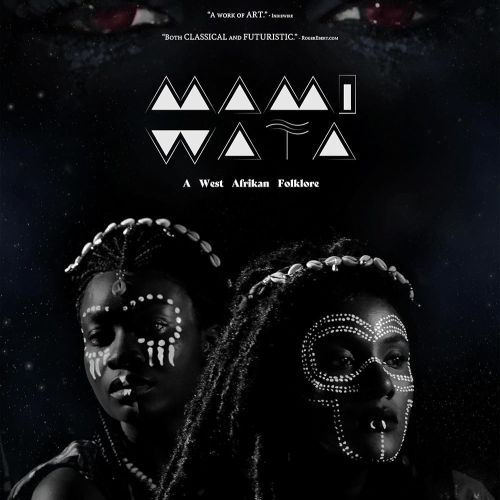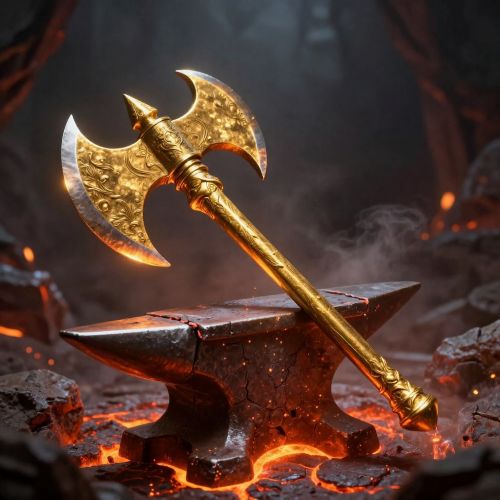10 Gods of Wisdom in Mythology from around the world
Introduction
Across all civilizations and timelines, humanity has always revered gods and goddesses of knowledge. These deities were not just keepers of wisdom but also guides for spiritual growth, creativity, and intellectual pursuit. Students, priests, healers, astrologers, and even rulers often turned to them for blessings, believing that divine knowledge shaped both individual destiny and the fate of entire societies. Whether in temples of ancient India, the city-states of Greece, or the great pyramids of Egypt, gods of knowledge held a sacred place in mythology.
Saraswati
In Hindu mythology, Saraswati is the radiant goddess of knowledge, learning, art, wisdom, and speech. She is one of the Tridevi, alongside Parvati and Lakshmi, representing the intellectual and creative aspect of the divine feminine. Saraswati is typically depicted seated on a lotus, dressed in white, holding a veena (a stringed instrument), and surrounded by swans symbolizing purity. Beyond intellectual pursuits, she is believed to inspire poetry, music, and philosophy, nurturing both spiritual enlightenment and worldly wisdom. Even today, millions of Hindus celebrate Vasant Panchami, a festival dedicated to Saraswati, where students, artists, and teachers seek her blessings.
Minerva
Minerva, the Roman goddess of wisdom, strategy, and justice, was revered as a guiding force for rulers, warriors, and thinkers alike. She was part of the Capitoline Triad, alongside Jupiter and Juno, which made her one of Rome’s most important deities. Minerva embodied not just abstract wisdom but also practical knowledge, especially in law, crafts, and governance. Unlike her Greek counterpart, Athena, Minerva was less associated with war and more with the intellectual side of strategy and invention. Roman students and artisans often dedicated their work to her, invoking her as the divine patroness of reason and logic.
Thoth
The Egyptian god Thoth was considered the divine scribe of the gods. Associated with the moon, writing, hieroglyphs, mathematics, and judgment, he was believed to have invented language itself. Often depicted with the head of an ibis or a baboon, Thoth played a central role in Egyptian cosmology and religion. In the afterlife, he was said to record the outcome of the “Weighing of the Heart” ceremony, ensuring fairness in judgment. His connection to both lunar cycles and intellectual pursuits reflects how the Egyptians saw knowledge as a guiding light in both cosmic and earthly matters.
Orunmila
In Yoruba mythology, Orunmila is the orisha of wisdom, divination, and foresight. Unlike other deities who represent physical forces, Orunmila is regarded as a sage and counselor, embodying divine knowledge that helps people make decisions. He is closely associated with the Ifá divination system, a spiritual practice involving sacred texts and rituals that guide adherents in resolving life’s challenges. Orunmila’s wisdom was considered so profound that even other orishas sought his counsel. To the Yoruba people, knowledge was not just intellectual—it was sacred, practical, and deeply tied to moral guidance.
Mimir
In Norse mythology, Mimir is a figure of immense wisdom, often consulted by the gods themselves. After the Aesir-Vanir war, Mimir was beheaded, but Odin preserved his head with magic so it could continue to share secret knowledge. Mimir’s well, located at the roots of Yggdrasil—the World Tree—was said to contain the waters of wisdom. Odin sacrificed one of his eyes in exchange for drinking from this well, showing that even the chief of gods recognized the value of knowledge above all else. Mimir symbolizes sacrifice, memory, and the pursuit of deeper truths hidden beneath the surface of existence.
Nabu
Nabu, the Mesopotamian god of wisdom and writing, was revered as the divine scribe. He was also the god of literacy, rational arts, and vegetation, symbolizing the dual importance of knowledge and sustenance. Depicted holding a stylus, Nabu recorded the fates of humanity on clay tablets, linking him directly with destiny. He was associated with the planet Mercury, reflecting speed and intellect. His temple in Borsippa became a major center of learning, emphasizing his role in shaping not only religion but also governance and scholarship in Babylonian culture.
Benzaiten
In Japan, Benzaiten is a Buddhist goddess of eloquence, music, and knowledge. She is believed to have evolved from the Hindu goddess Saraswati, demonstrating the cultural exchanges between India and Japan through Buddhism. Benzaiten is often depicted holding a biwa (a Japanese lute) and is associated with water, flowing words, and artistic expression. She is worshipped at shrines across Japan, where people pray for success in learning, music, and business. Her adaptation shows how the essence of knowledge transcends geographical boundaries, taking on local cultural forms while retaining universal meaning.
Athena
Athena, the Greek goddess of wisdom and strategy, embodies both intellectual clarity and martial skill. Known as Pallas Athena, she was celebrated for her ability to balance reason with strength, making her a symbol of rational power. She was also associated with handicrafts, such as weaving, reflecting her role as a deity of both practical and intellectual pursuits. The Parthenon in Athens, built in her honor, remains a lasting testament to her importance. Athena’s myths often highlight her role as a mentor and guide, from helping Perseus defeat Medusa to advising heroes during the Trojan War.
Laozi
While not originally a god, Laozi (Lao Tzu) became deified in Chinese religion as the embodiment of wisdom and harmony. Credited with writing the Tao Te Ching, he emphasized balance, humility, and the natural flow of life, or the Tao. Over time, Taoist traditions elevated Laozi into a divine figure, worshipped as a sage who revealed timeless truths about existence. His teachings are not only philosophical but also spiritual, guiding followers to live in harmony with nature and embrace simplicity. His transformation from philosopher to deity reflects how wisdom itself can take on divine qualities.
Quetzalcoatl
In Aztec mythology, Quetzalcoatl—the Feathered Serpent—was a god of wind, Venus, merchants, and knowledge. He played a vital role as a creator deity, bringing maize to humanity and teaching them arts, science, and calendars. Quetzalcoatl was also regarded as the patron of priests and scholars, symbolizing the link between divine wisdom and human civilization. His image as a serpent with feathers represents the union of earth and sky, suggesting that knowledge bridges the physical and spiritual worlds. Among the Aztecs, he was both feared and revered as a transformative force of enlightenment.
Modern Relevance
The gods of knowledge across different mythologies reveal how deeply humanity has valued wisdom as both divine and practical. Whether through Saraswati’s inspiration for artists, Thoth’s role as a cosmic scribe, or Mimir’s secret well of truth, these figures remind us that learning and growth are sacred pursuits. Even today, their legacy persists in festivals, temples, rituals, and stories, reminding us that the quest for knowledge is eternal. From classrooms to creative spaces, invoking these deities symbolizes our shared recognition that wisdom is the foundation of progress.
No posts were found.








